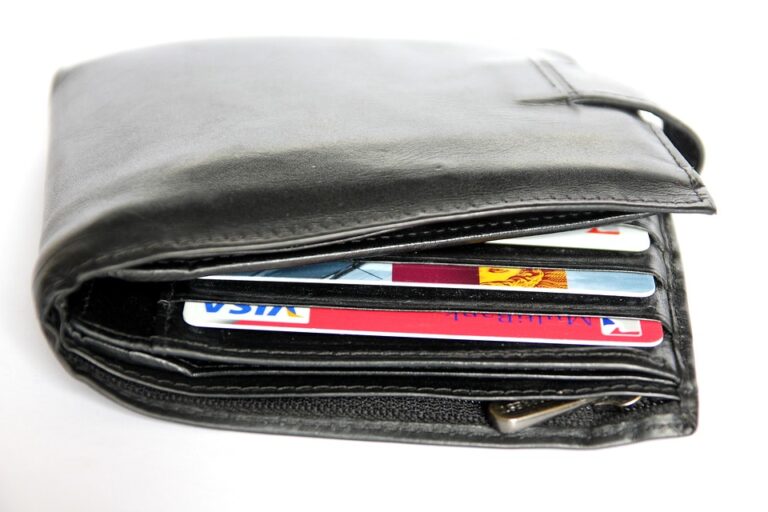Last updated Apr. 10, 2025 by Charles Zemub
Understanding your credit score is a crucial step in managing your financial health. Whether you’re planning to apply for a mortgage, car loan, or credit card, knowing your credit score gives you an edge in negotiating better terms and rates. In this comprehensive guide, we will delve into everything you need to know about credit scores and how to check them effectively.
What is a Credit Score?
A credit score is a numeric representation of your creditworthiness. Lenders use this number to evaluate the risk of lending you money. Typically ranging from 300 to 850, the score is calculated based on your credit history. The higher your score, the better your credit profile.
Factors Influencing Your Credit Score
-
Payment History (35%): This is the most influential factor. Lenders want to know whether you have paid past credit accounts on time.
-
Credit Utilization (30%): The amount of credit you are using as a percentage of your total available credit. Keeping this under 30% is advisable.
-
Length of Credit History (15%): A longer credit history can contribute positively to your score.
-
Types of Credit Used (10%): Having a mix of credit types (credit cards, retail accounts, installment loans, etc.) can benefit your score.
- New Credit (10%): Opening several new credit accounts in a short period can lower your score.
Why is Checking Your Credit Score Important?
- Loan Approvals: Lenders use your credit score to determine whether you qualify for a loan.
- Interest Rates: A higher credit score can often secure you lower interest rates.
- Rental Applications: Landlords may check your credit score before renting an apartment.
- Employment Opportunities: Some employers check credit scores as part of the hiring process.
✓ Short Answer
Checking your credit score is essential for tracking your financial health and preparing for significant financial commitments. You can access your credit score for free through various online platforms, credit card issuers, or directly from credit bureaus like Equifax, Experian, and TransUnion. Regular monitoring of your credit score helps you identify potential errors or fraudulent activities, enabling you to address issues promptly and maintain healthy credit.
How to Check Your Credit Score
1. Online Credit Reporting Services
There are several online services where you can check your credit score for free or a small fee. Some well-known platforms include:
- Credit Karma: Offers free credit scores from TransUnion and Equifax.
- Credit Sesame: Provides free credit score and tools for financial health.
- Credit.com: Offers a free, updated score once a month.
These platforms typically require you to create an account, after which you may access your credit score and receive personalized financial recommendations.
2. Directly from Credit Bureaus
You can obtain your credit score directly from the three major credit bureaus:
- Experian
- Equifax
- TransUnion
Each bureau may charge a fee for providing your credit score. However, they often offer packages that include additional services, such as credit monitoring.
3. Credit Card Issuers and Banks
Many credit card companies and banks now offer free access to your FICO score as a perk. Check with your financial institution to see if this service is available to you. It’s a convenient way to keep an eye on your credit score through your monthly statements or online account.
4. Annual Credit Report
Under U.S. federal law, you are entitled to one free credit report annually from each of the major credit bureaus. While this report doesn’t include your credit score, it provides detailed information on your credit history, which affects your score. Visit AnnualCreditReport.com to access these reports.
Tips for Maintaining a Healthy Credit Score
- Pay Your Bills on Time: Late payments can significantly harm your score.
- Keep Balances Low: Ensure that your credit utilization ratio is less than 30%.
- Avoid Opening Too Many New Accounts at Once: This can negatively impact your score.
- Check Your Credit Reports Regularly: Look for errors or unauthorized new accounts, and dispute any inaccuracies.
FAQs Section
1. How often should I check my credit score?
Answer: It’s advisable to check your credit score at least once a year. However, monitoring it more frequently can help you catch errors or signs of identity theft sooner.
2. Does checking my credit score hurt my credit?
Answer: No, checking your own credit score is considered a “soft inquiry” and does not impact your credit score. Only “hard inquiries,” like those from loan applications, can affect it.
3. What is a good credit score?
Answer: Generally, a credit score of 700 or above is considered good. Scores above 750 are deemed excellent, while anything below 650 might require improvement.
4. Can I improve my credit score quickly?
Answer: Improving your credit score takes time. Consistent, on-time payments and reducing your credit utilization are the most effective strategies.
5. What should I do if I find an error on my credit report?
Answer: Immediately dispute the error with the credit bureau that issued the report. Federal law requires them to investigate disputes within 30 days.
6. Why are my credit scores different across bureaus?
Answer: Each credit bureau uses a different model and data set to calculate your score. Differences in reporting and timing can lead to score variations.
Understanding and regularly checking your credit score is a proactive step in managing your financial future. By staying informed and mindful of the factors influencing your score, you can make smarter financial decisions and secure more favorable lending terms.




